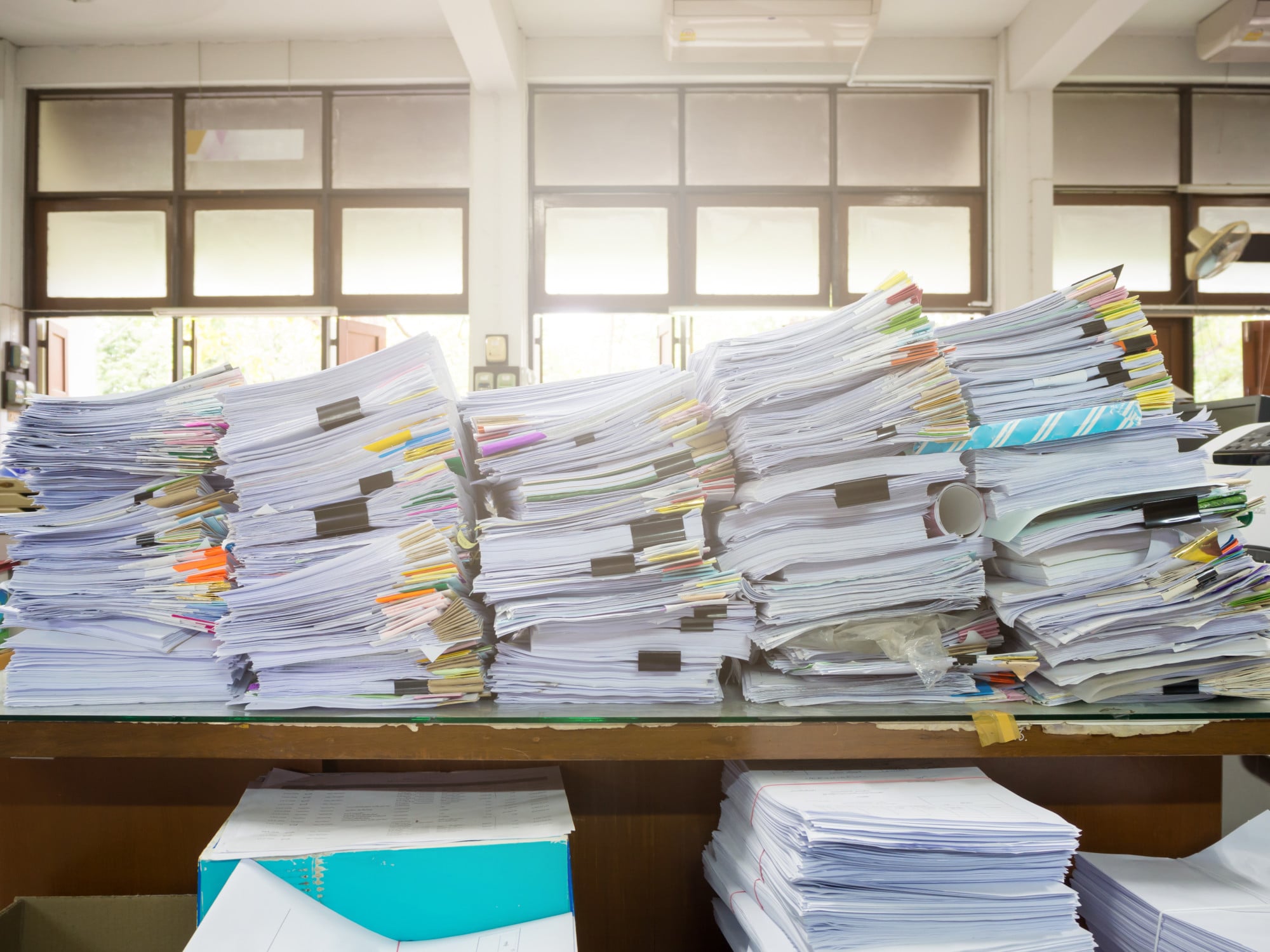Even though your property rental income is taxed the same as a regular income, it can still get quite complicated handling all of your documents.
If you are wondering how to get the most tax benefits while ensuring you file your taxes accurately then you need proper bookkeeping.
Start with this guide to keeping track of your tax documents.
Decide What Records to Keep
The first step to learning how to keep track of tax documents is to know what to keep and what to throw away. Your instinct may tell you to keep every piece of paper and digital document that you encounter. While this may seem helpful, it can also be a burden when trying to find something.
That is why you should only keep the necessary items including:
- Records of income and expenses (including receipts or other physical proof)
- Lease agreements
- All tenant applications whether approved or denied
- Received and sent inquiries related to rental issues and/or maintenance
If a document falls into one of these categories then it should most likely be filed. If you are unsure, then ask yourself if it could help you resolve a future dispute and if so, then keep it.
Separate Files for Employees and Property
Bookkeeping for landlords who have employees working for them will also need to keep employee files. This includes payment records, tax withholding documents, and staff tax returns.
You also should keep records of property taxes for landlords, which may be part of your tax deduction for expenses related to your business.
How Long Should You Keep Old Records?
Generally, the IRS recommends that you keep tax records for at least three years. However, some records could be kept for as long as seven years to ensure you have documents available in case of future disputes.
If you have the same employee or tenant for several years, then keeping those records during the duration of their employment or lease is a good idea.
Why Bookkeeping is Important
Rental property accounting is important for two main reasons: tax audits and litigation suits.
Tax audits occur when the IRS flags your return for a mistake or for clarification. This could happen within three years of filing, so keeping these records will help show the IRS proof of information placed on your tax return.
Litigation can happen years after a tenant leaves if an issue was never resolved. Saving your records for at least seven years will help you if a tenant returns and decides to take you to court.
Organizing Your Files
The best way to organize taxes for landlords is to keep a filing system. You may decide to print digital documents and file them all as paper files. Or you may scan paper documents and keep everything digitally. Having both a digital and paper filing system as a backup also is helpful.
No matter how you keep your records, labeling them by year, tenant name, and property (if you have multiple) will help you find documents fast.
Get Assistance With Your Tax Documents
Another option to ensure your tax documents are saved and secured is to outsource your bookkeeping. At Avalon Realty and Oaktree Management, we take the burden of accounting out of your hands by completing everything, from collecting rent to issuing annual tax statements.
Contact us today to streamline your rental property management and make tax filing easier.






 Bonnie is the visionary that has driven the company and culture of Avalon since 1993. Her passion is improving procedures and practices; incorporating technology and value added services for both our clients and tenants.
Bonnie is the visionary that has driven the company and culture of Avalon since 1993. Her passion is improving procedures and practices; incorporating technology and value added services for both our clients and tenants.